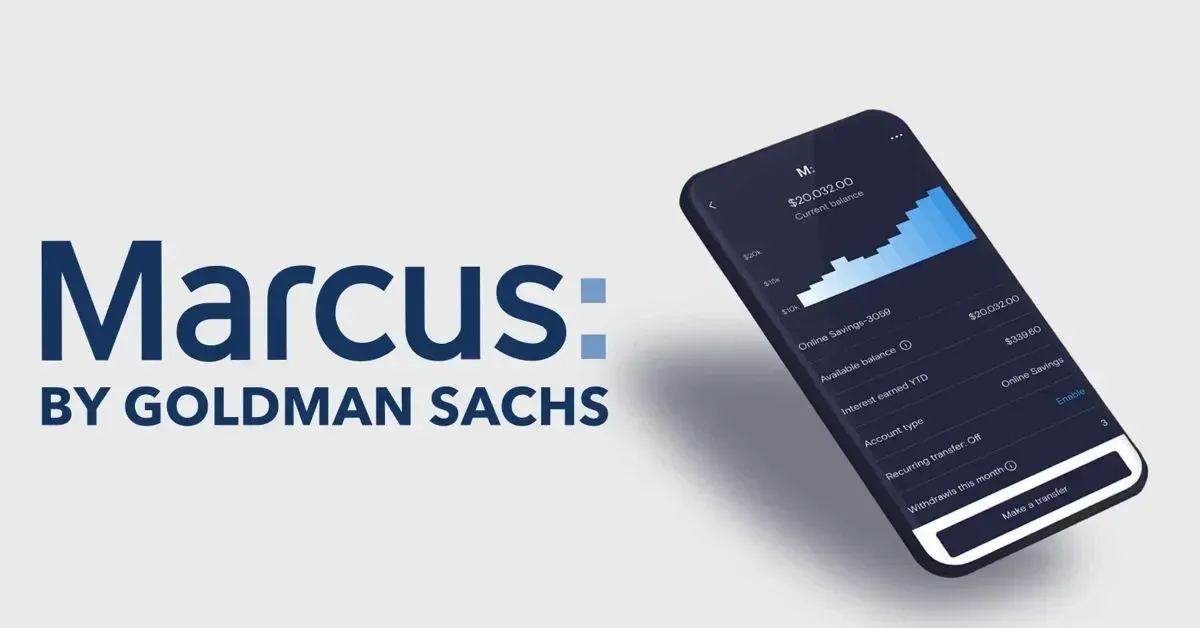Goldman Sachs is reportedly considering expanding its digital consumer banking service, Marcus, into Ireland. This move would mark a significant step in the US financial giant’s efforts to broaden its presence in Europe beyond its current operations in the UK.
According to a recent report from Bloomberg News, the Wall Street bank has initiated early-stage discussions with Irish regulatory authorities regarding the potential entry of Marcus into the local retail banking sector. While no final decision has been made, these talks indicate Goldman Sachs’s growing interest in tapping into Ireland’s evolving financial services landscape.
Marcus, launched in the United States in 2016, represents Goldman Sachs’s foray into consumer banking. The brand offers high-yield savings accounts, personal loans, and financial management tools. It was introduced to the UK market in 2018, where it gained traction by providing competitive savings rates and user-friendly digital banking services.
The potential Irish expansion comes amid a broader trend of increasing profitability in the country’s banking sector. A combination of rising interest rates and renewed loan growth—spurred by Ireland’s post-pandemic economic recovery—has made the market more attractive to international financial institutions. These favorable conditions are prompting global banks to explore new opportunities within the Irish market, historically dominated by a small number of domestic players.
Ireland’s Banking Landscape Opens to New Entrants
Ireland’s retail banking sector has undergone significant shifts in recent years. The exit of Ulster Bank and KBC Bank Ireland has created space for new entrants to capture market share. Irish consumers, increasingly embracing digital financial services, are seeking more options beyond the remaining traditional banks.
In this context, Goldman Sachs’s Marcus brand could offer a compelling alternative, particularly with its reputation for delivering competitive savings products and intuitive digital experiences. Should the launch go ahead, Marcus would likely compete with newer entrants such as Revolut and N26, as well as established Irish banks like AIB and Bank of Ireland.
This isn’t the first time Marcus has signaled ambitions to expand beyond its current footprint. Germany has also been cited as a potential growth market. However, the focus on Ireland underscores the country’s rising importance as a financial services hub within the EU, particularly in the aftermath of Brexit, which has led many global firms to relocate or expand operations in Dublin.
Goldman Sachs Broadens Strategic Focus
Beyond consumer banking, Goldman Sachs is reshaping its broader business model to adapt to changing global financial dynamics. In January 2025, the firm announced the creation of a new Capital Solutions Group within its Global Banking & Markets division. This group aims to centralize the bank’s capabilities in financing, origination, structuring, and risk management—streamlining services for its corporate and institutional clients.
The company is also growing its alternatives investment division within the Asset & Wealth Management segment. By enhancing its footprint in private credit and alternative investments, Goldman Sachs seeks to provide diversified strategies for investors looking beyond traditional asset classes. These developments align with Goldman’s strategic priority of serving a wider spectrum of client needs through integrated and scalable solutions.
What Marcus Could Mean for Irish Consumers
If Goldman Sachs proceeds with launching Marcus in Ireland, it could significantly alter the retail banking landscape. The brand’s emphasis on high-yield savings accounts and minimal-fee structures has resonated with cost-conscious consumers in other markets.
Irish consumers, long accustomed to relatively low interest rates on savings and limited competition among banks, may welcome the introduction of a globally recognised player offering attractive alternatives. Furthermore, the increased adoption of fintech services and mobile-first banking platforms provides a ready audience for Marcus’s digital-only approach.
However, regulatory approval and successful market entry are not guaranteed. Goldman Sachs will need to navigate Ireland’s specific compliance and consumer protection frameworks while tailoring its offerings to local expectations. Nevertheless, early discussions with the Central Bank of Ireland suggest that initial groundwork is being laid.
Looking Ahead
While Goldman Sachs has not officially confirmed the launch of Marcus in Ireland, its exploratory talks and ongoing strategic investments across its business divisions signal a readiness to scale its consumer-facing operations where market conditions align.
Should the expansion proceed, Marcus would join a growing list of international fintech and banking players seeking to establish themselves in Ireland, bolstering competition and potentially driving innovation across the sector.
This development also highlights Ireland’s growing role in Europe’s post-Brexit financial ecosystem, offering a stable, English-speaking, EU-regulated environment that continues to draw global financial institutions.







